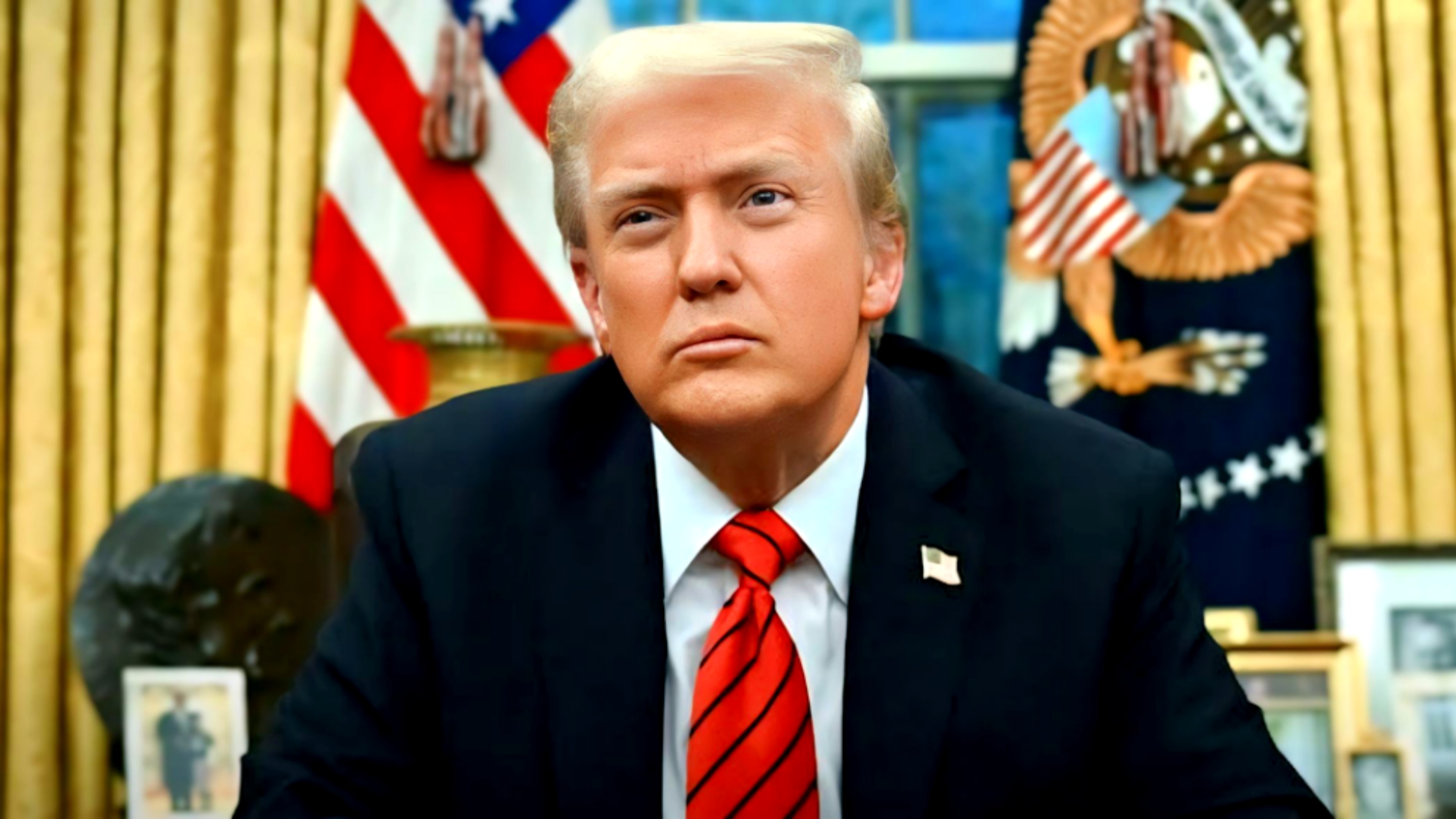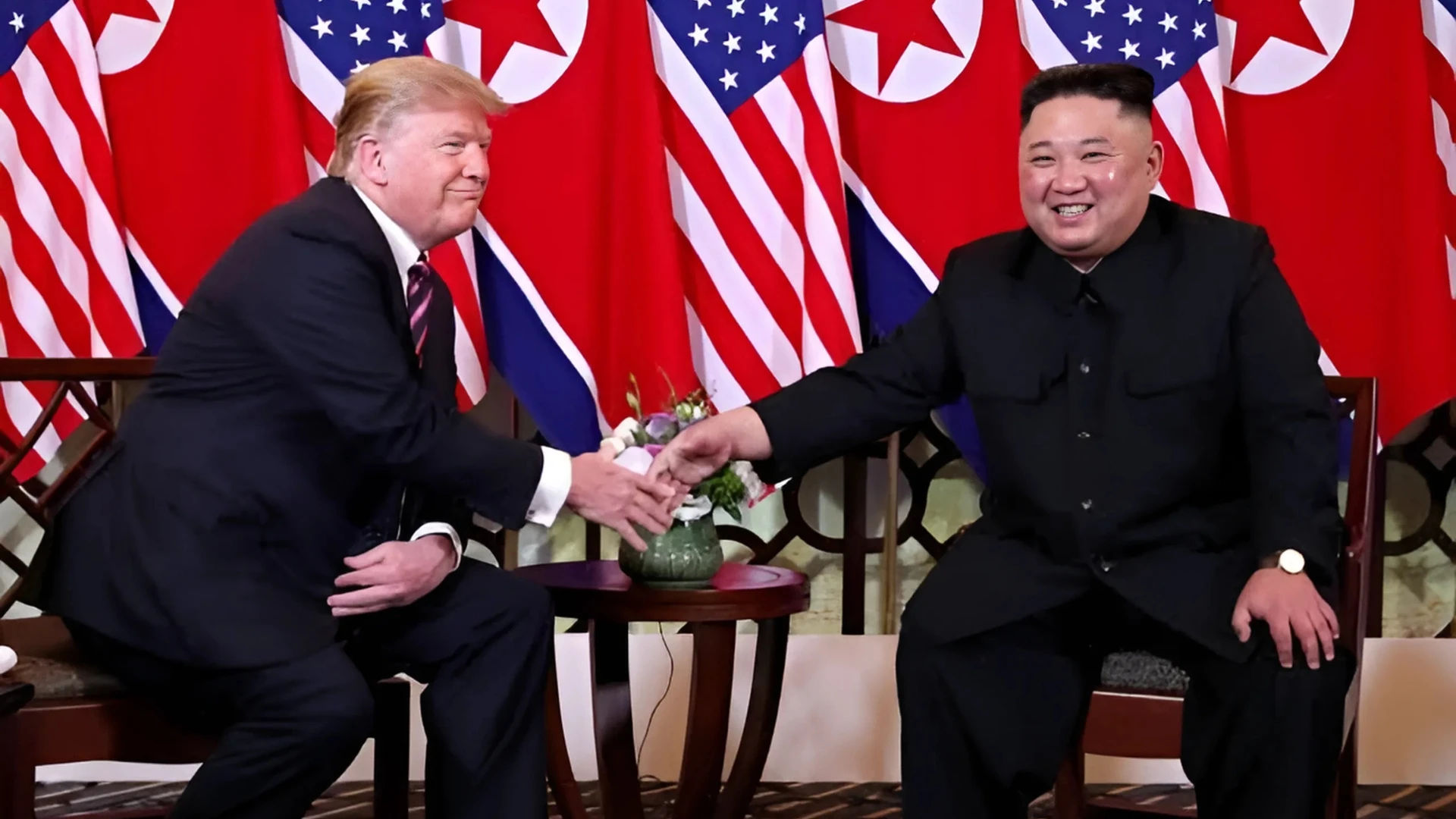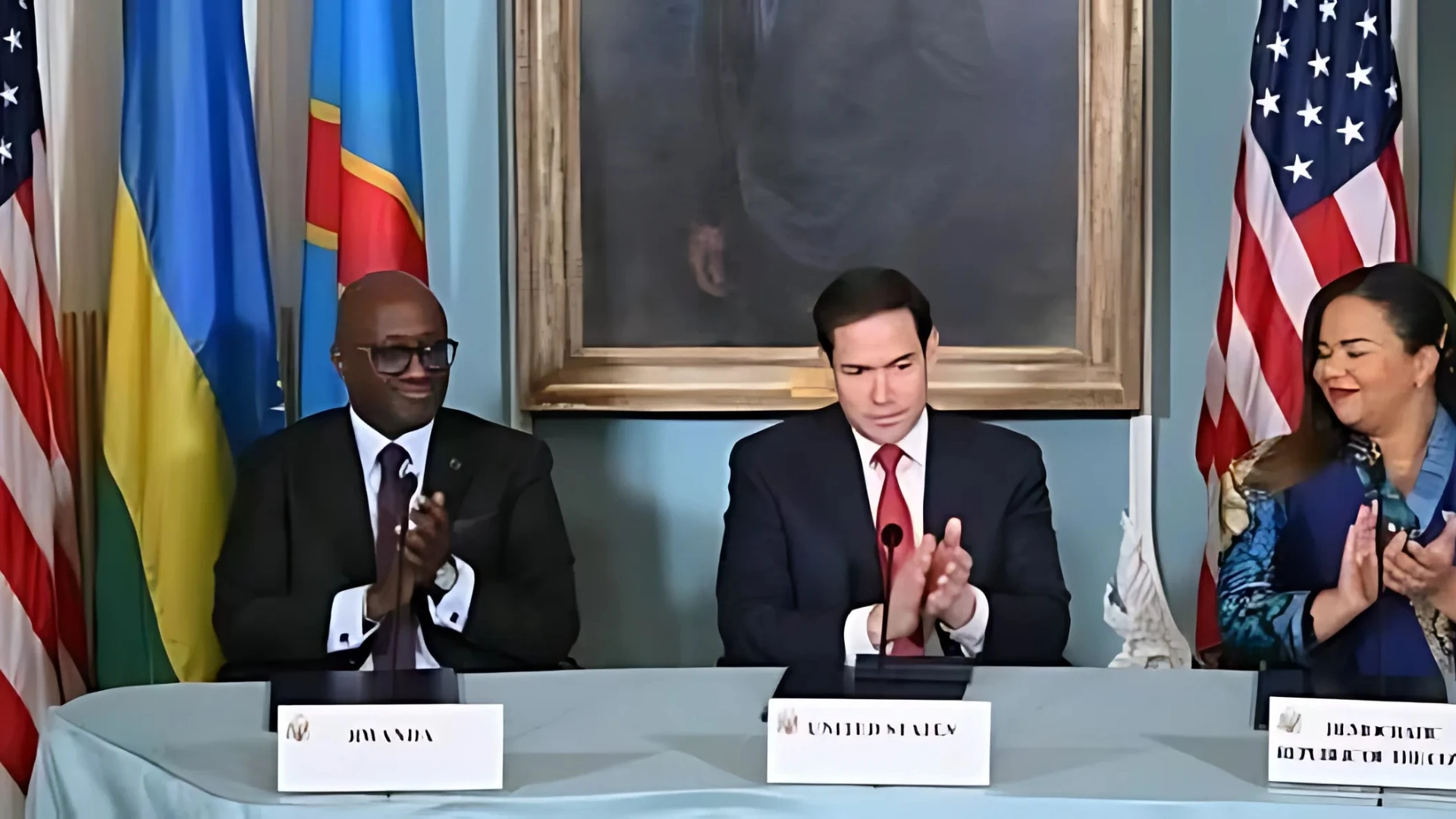Washington: The United States' decision to impose sweeping tariffs on steel and aluminium imports has triggered strong opposition from major trading partners, including Mexico, Canada, and the European Union.
On Monday night, former President Donald Trump signed an order increasing tariffs on aluminium to 25% from the previous 10% and removing country-specific exemptions, quotas, and exclusions on a range of metal imports. The new tariffs, set to take effect on March 12, will impact shipments from key suppliers like Canada, Brazil, Mexico, and South Korea, which previously benefited from carve-outs.
Mexico’s Economy Minister Marcelo Ebrard denounced the move as "unjustified" and "unfair," while Canadian Prime Minister Justin Trudeau labeled it "unacceptable." European Commission President Ursula von der Leyen also condemned the decision, warning that the EU would implement "firm and proportionate countermeasures" in response.
Von der Leyen, who met with US Vice President JD Vance at an AI summit in Paris on Tuesday, emphasized that tariffs ultimately harm businesses and consumers. The EU, which exports around €3 billion ($3.1 billion) worth of steel to the US annually, is now considering reinstating retaliatory tariffs on American goods. These tariffs, first introduced in 2018 but later suspended under a deal with then-President Joe Biden, targeted products like bourbon, motorcycles, and orange juice.
Trump defended the policy shift, stating, “It’s 25% with no exceptions or exemptions—no matter where the steel comes from.” He also hinted at further tariffs on sectors such as automobiles, semiconductors, and pharmaceuticals.
The announcement has fueled concerns over a trade war, with critics warning of broader economic consequences. The American Chamber of Commerce to the EU cautioned that the tariffs would not only hurt steel and aluminium industries but also disrupt supply chains across multiple sectors.
The move also pushed gold prices to a record high on Tuesday, as investors sought safe-haven assets amid uncertainty.
The US relies on imports for around 23% of its steel consumption, with Canada, Brazil, and Mexico being the top suppliers. Canada, in particular, plays a crucial role, accounting for nearly 80% of US primary aluminium imports in 2024 due to its energy-efficient production methods.
In response, Trudeau said Canada would firmly defend its economic interests. “Canadians will stand up strongly and firmly if we need to,” he remarked.
The new policy also includes a stricter North American sourcing requirement, mandating that steel be “melted and poured” and aluminium “smelted and cast” within the region. This measure aims to curb the flow of semi-processed Chinese and Russian metals into the US, which officials say have been rerouted through other countries to bypass existing trade barriers.
Although China exports only minimal amounts of steel directly to the US, Washington has long accused Beijing of overproduction and market distortions that force other nations to offload excess supply.
As global opposition mounts, the coming weeks will reveal whether the US and its trading partners can find common ground—or if a new wave of retaliatory tariffs will escalate trade tensions further.








